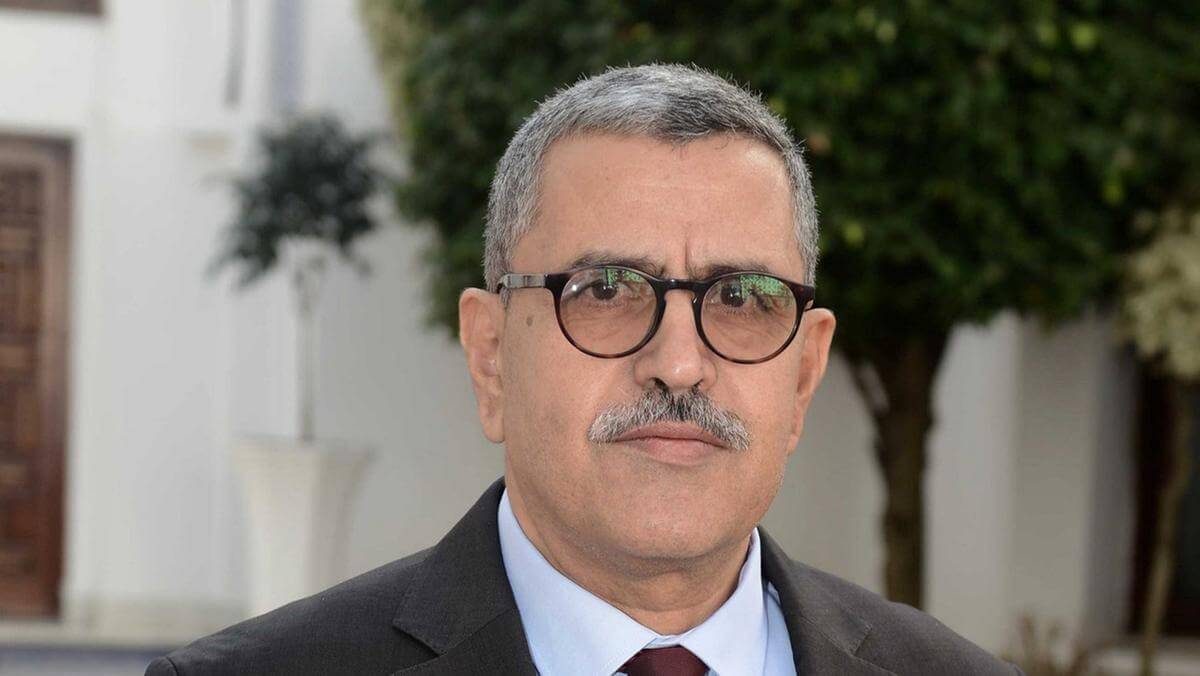Algerian President Abdelmadjid Tebboune on Thursday accepted the resignation of Prime Minister (PM) Abdelaziz Djerad, paving the way for forming a new government. Djerad’s resignation follows the June 12 parliamentary election, which saw a low turnout and no majority winner.
Consequently, the Algerian President appointed Djerad as the caretaker PM until a new cabinet is formed. The Algerian Presidency tweeted that according to Article 113 of the Constitution, the PM is bound to submit his resignation so that the President can appoint a new cabinet.
Although no party was able to win a majority of the votes in the parliamentary election, which was the first since 2019, held two weeks ago, Algeria’s biggest and most influential political party, the National Liberation Front (FLN), emerged as the winner by obtaining 98 seats in the 407-seat Parliament. While independent candidates won 84 seats, only two parties—the Islamist-leaning Movement of Society for Peace and pro-establishment Democratic National Rally—could secure more than 50 seats.
The elections also saw a voter turnout of 30%, which was lower than the 2012 (42.9%) and 2017 (37.09%) parliamentary votes, and was boycotted by many Algerians for whom the elections are a way for the government and military to exert further control and continue its repression of opposition movements. Several rights groups alleged that the Algerian government, led by President Abdelmadjid Tebboune, is responsible for “escalating repression” against dissenting groups.
Last month, about 800 protestors who were part of the pro-democracy Hirak Movement were arrested by government officials in Algeria for participating in unauthorised protests. In May, the Algerian Interior Ministry announced that it would ban unauthorised demonstrations in the country, which many say is aimed at ending a two-year-long protest movement that seeks to bring in democratic reforms.
In February 2019, widespread protests erupted throughout Algeria as then-President Abdelaziz Bouteflika announced his candidacy for a fifth term after almost 20 years in power. Bouteflika’s regime was plagued by deep-rooted corruption and known for its suppression of freedom of speech. The demonstrations, known as the Hirak Movement, were successful in ousting Bouteflika from power.
However, Bouteflika was succeeded by his former Prime Minister Tebboune in 2019, who largely continued the political repression and prevented reforms. Consequently, the Hirak Movement rejected the upcoming vote and called for a boycott of the election.
Now that the PM has resigned following the announcement of the 2021 election results, the President can appoint a government only if at least three parties form a majority coalition of 204 seats.
Algeria PM Abdelaziz Djerad Resigns, Paving Way for New Government
Djerad’s resignation follows the June 12 election, which saw a low turnout and had no majority winner.
June 25, 2021

Algerian Prime Minister Abdelaziz Djerad SOURCE: ALGERIA PRESS SERVICE
